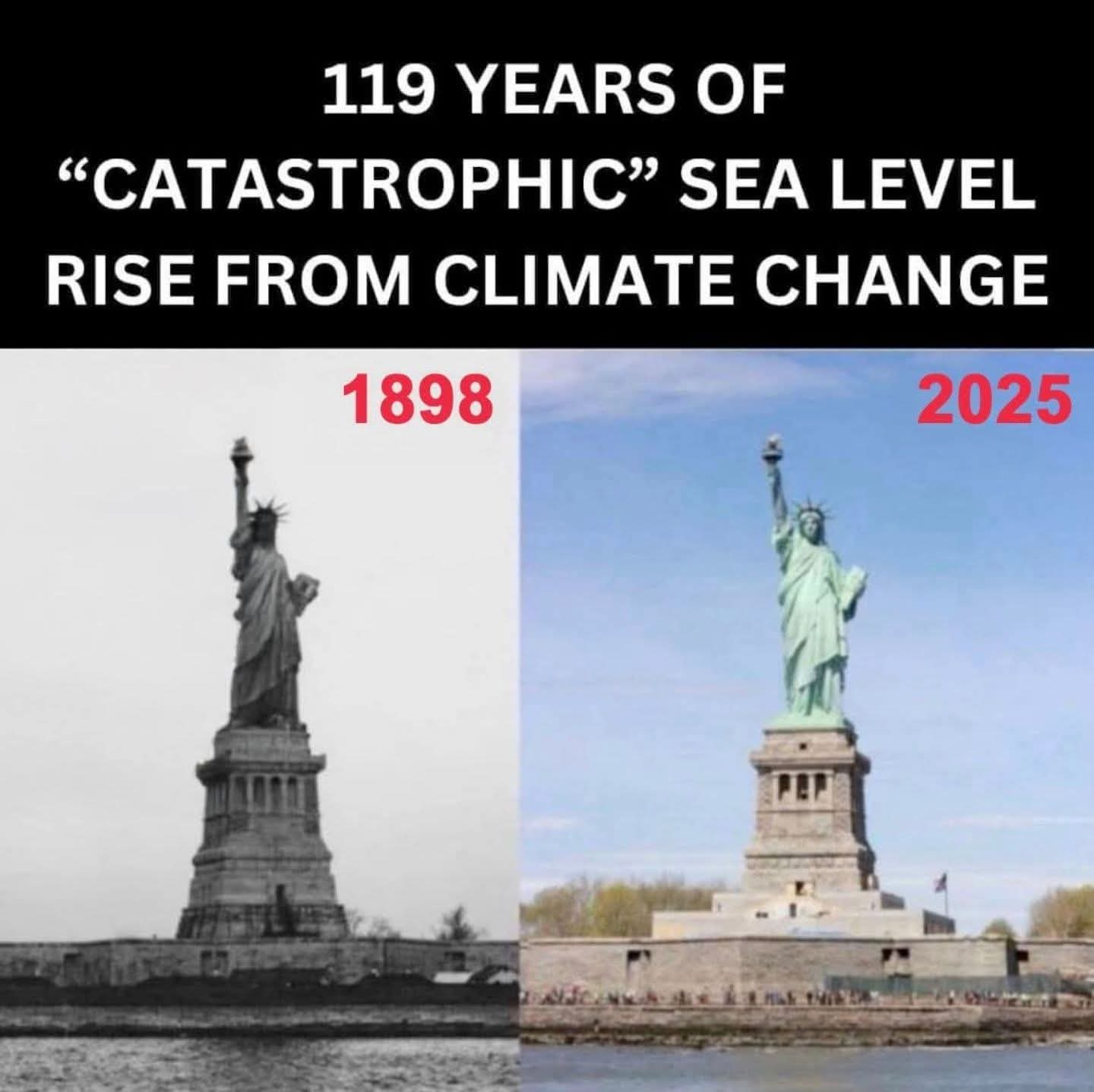- Μηνύματα
- 32.572
- Reaction score
- 93.853
Να σας βοηθήσω.
Υπάρχουν πολλά θέματα περίπλοκα, τόσο πολύ περίπλοκα που ενώ βλέπουμε λύσεις δεν είναι απλή η εφαρμογή τους.
Και δεν είναι μόνο σε θέματα πολιτικής ή οικονομίας, αλλά και σε δημόσια υγεία, διατροφή, καθημερινότητα.
Η λύση είναι απλή: όταν κάτι δεν έχει εύκολη και ξεκάθαρη απάντηση, το σωστό είναι πάντα και εξ ορισμού το αντίθετο από όσα λένε οι απανταχού MAGA, είτε είναι κυβερνήσεις, είτε είναι YouTubers.
Ορίστε, problem solved.
Υπάρχουν πολλά θέματα περίπλοκα, τόσο πολύ περίπλοκα που ενώ βλέπουμε λύσεις δεν είναι απλή η εφαρμογή τους.
Και δεν είναι μόνο σε θέματα πολιτικής ή οικονομίας, αλλά και σε δημόσια υγεία, διατροφή, καθημερινότητα.
Η λύση είναι απλή: όταν κάτι δεν έχει εύκολη και ξεκάθαρη απάντηση, το σωστό είναι πάντα και εξ ορισμού το αντίθετο από όσα λένε οι απανταχού MAGA, είτε είναι κυβερνήσεις, είτε είναι YouTubers.
Ορίστε, problem solved.












